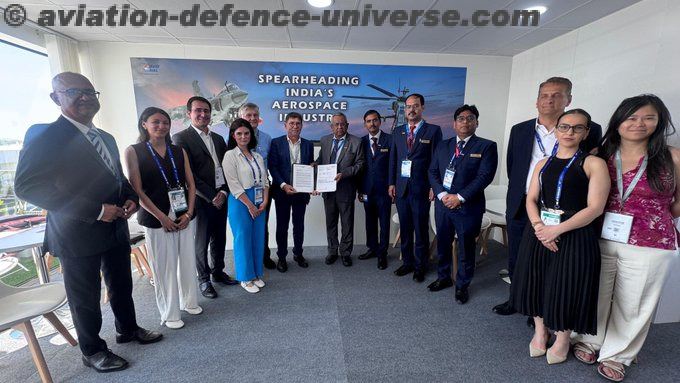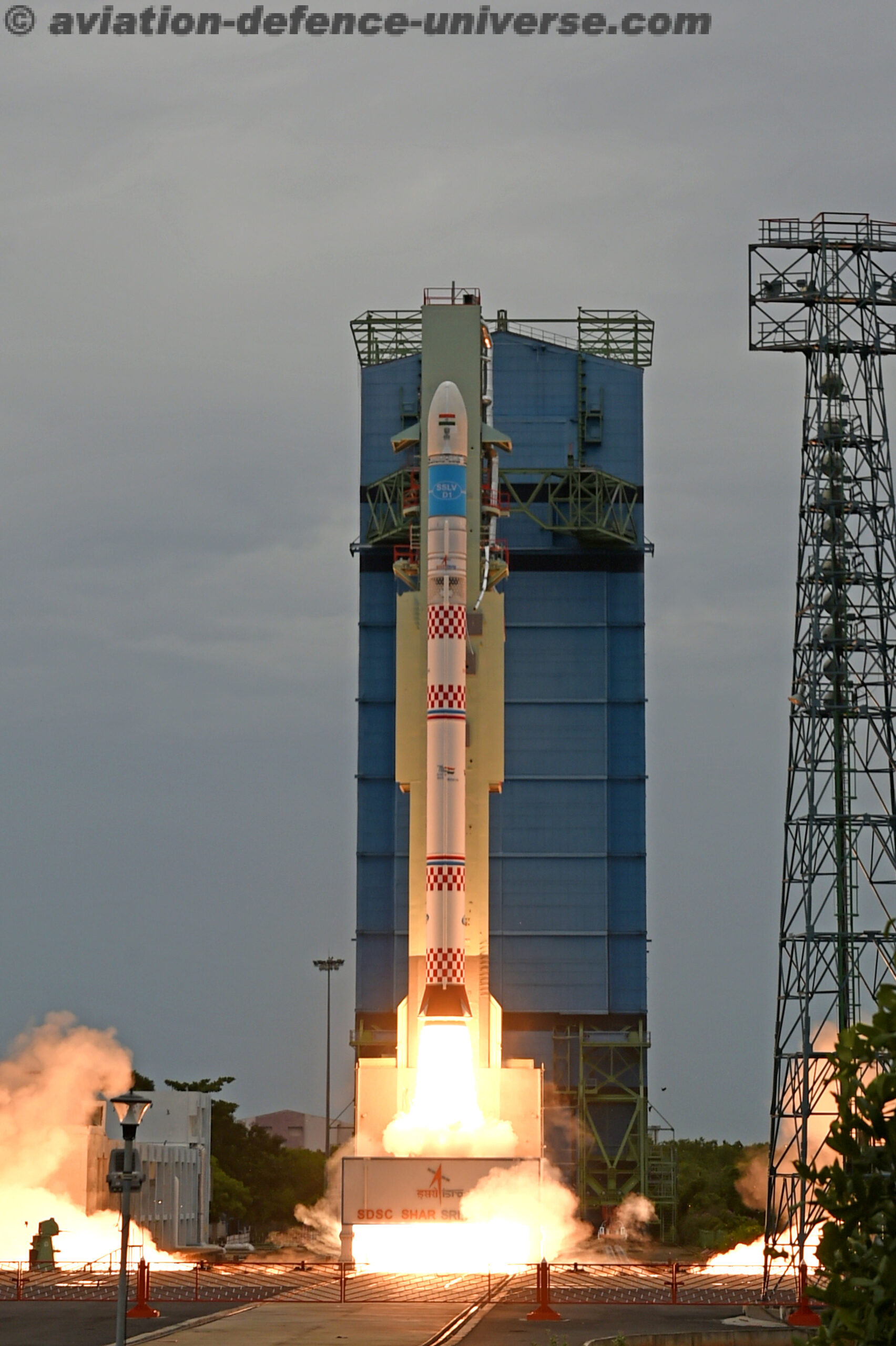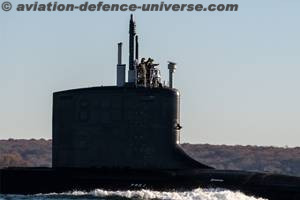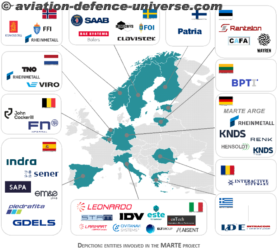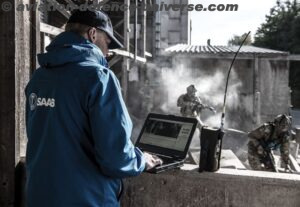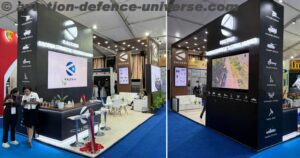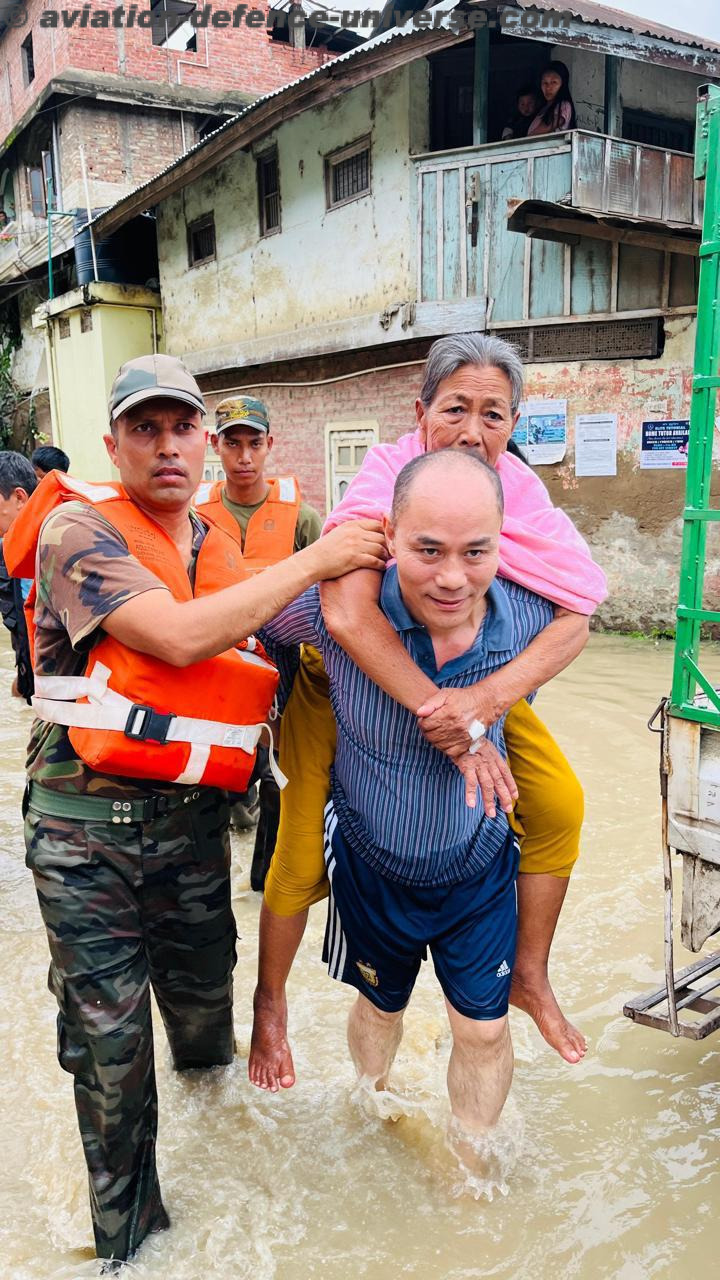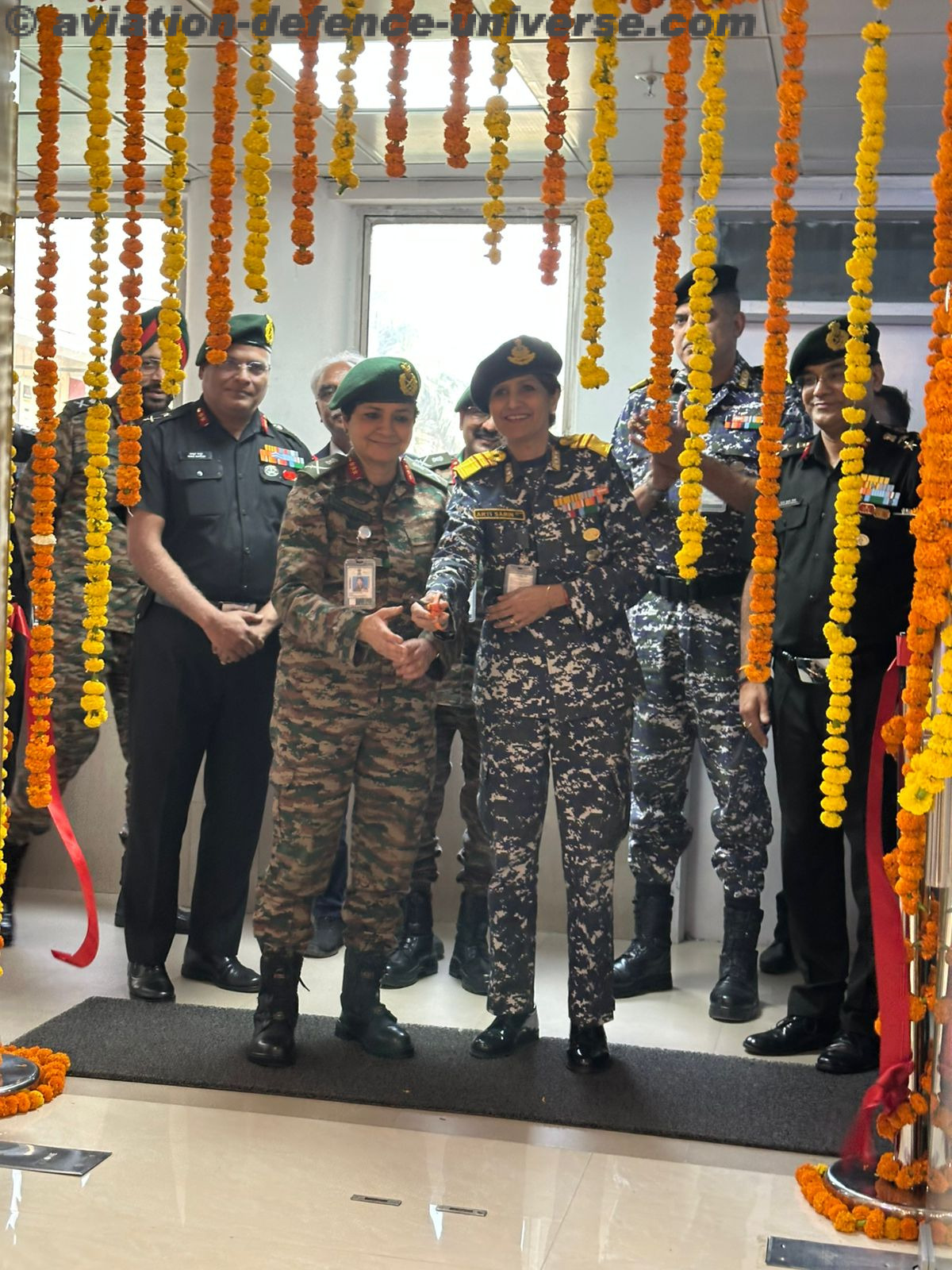- Through vehicle replication and an emulation operating environment, the research lab paves the way for the development and evolution of these systems, as well as their training, maintenance and testing.
- It will ensure the Maestre mission system of the Spanish 8×8 and VACs remains at the forefront of technology throughout its life cycle, key aspect for the digitalization of the Spanish Army.
- Indra has taken on a key role in European R&D programs developing next-generation armored vehicles, which incorporate cutting-edge digital technologies.
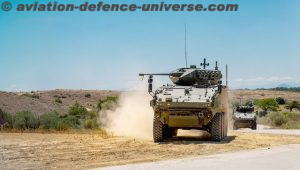 Madrid, July 29th, 2024.-Indra has developed the Maestre mission system to be integrated into the Spanish Army’s 8×8 Dragon armored wheeled vehicles and tracked support vehicles (VACs). The company, a European leader in the development of these systems, is now launching an advanced laboratory that replicates the vehicle and an emulation operating environment to work on the mission systems that will be used by these state-of-the-art armored vehicles.
Madrid, July 29th, 2024.-Indra has developed the Maestre mission system to be integrated into the Spanish Army’s 8×8 Dragon armored wheeled vehicles and tracked support vehicles (VACs). The company, a European leader in the development of these systems, is now launching an advanced laboratory that replicates the vehicle and an emulation operating environment to work on the mission systems that will be used by these state-of-the-art armored vehicles.
The new laboratory will facilitate not only the development and evolution of the software of these systems, but also training, 4.0 maintenance and tests to study how the vehicle behaves in different configurations, as well as incorporating new sensors and the analysis of their interoperability with other systems. It has working positions that allow to manage the mission system as the driver, vehicle commander, gunner and embarked platoon would do. These positions have been designed so they can also be installed in transportable containers or shelters, so that they can be deployed in the units determined by the Army.
The company has already shown these facilities to Spanish Army authorities, including the visit of Lieutenant General Fernando Miguel García y García de las Hijas, Chief of the Army’s Logistics Support Command, together with other Army officers and other officials from the DGAM’s program sub-directorate.
The investment made by Indra in this laboratory will allow for the 8×8 Dragon and VAC Maestre system to be constantly updated throughout its life cycle. It also provides a system and operating familiarization environment prior to training on the simulators and the vehicles themselves.
The head of Ground Mission Systems at Indra, Vigara Zaera, says that “with this laboratory and the work we have conducted in recent years with the Ministry of Defense, we are globally at the forefront in the digitization of military vehicles”.
Maestre, a system tailor-made for the Spanish Army
Indra’s Maestre system controls the weapons, warning, self-protection, situational awareness, communications and navigation systems, as well as the battlefield management system (BMS) and, broadly speaking, all subsystems carried by the 8×8 and the tracked support vehicle (CSV). It is the brain that processes all the information collected and presents it in an integrated picture to the crew so that they can make decisions quickly and react to any situation. It is the key element for vehicle safety, survivability, fire effectiveness and collaborative combat capability.
The Spanish Army, with the collaboration of Indra, has defined and developed Maestre to cover the needs of the General Staff in the VCR 8X8 Dragon and the Tracked Support Vehicle (VAC), keeping Spain at the forefront. The participation of the Spanish Army in its development has been key to differentiate it and to ensure that Maestre is 100% designed by and for the operational needs of the Spanish Army.
The 8×8 mission system is one of the key pieces for the digitalization of the Army, which will facilitate the incorporation of ground platforms in the future Digital Combat Brigade and its integration in the combat cloud scenarios and the future Spanish Army Logistics Base (BLET).
Indra is not only implementing this technology in the new generation of Spanish armored vehicles, but has also taken on a key role in European R&D projects such as Famous I and II, Commands and MARTE, which are working on the next generation of such systems.
The company has named its mission system Maestre in honor of the soldiers who were part of the Spanish Tercios de Dragones of the late 17th century, who would eventually go on to become today’s mechanized Cavalry and Infantry units that are using the 8×8 and tracked support vehicles. These Tercios were commanded by the Maestre de Campo.














